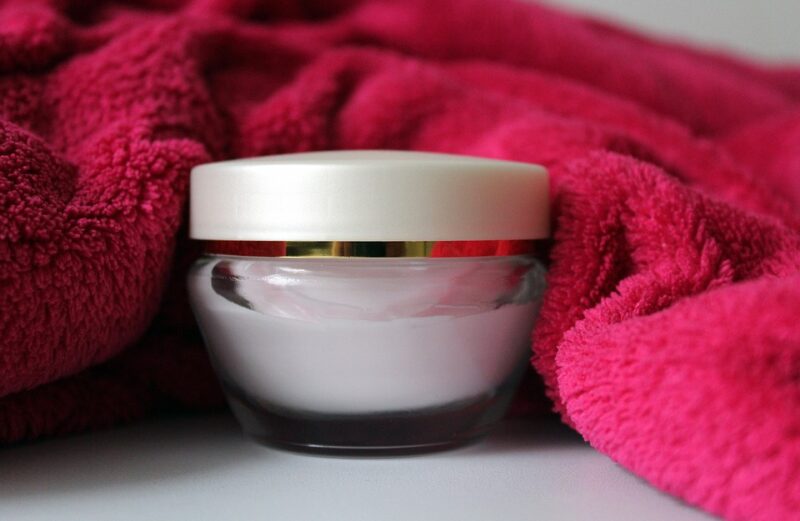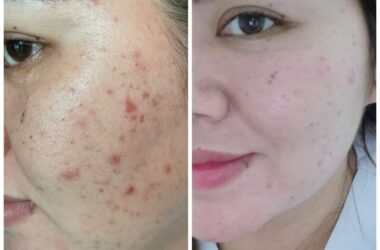Table of Contents
The Red Faced Enemy: Understanding Rosacea and its Treatments
Rosacea is a common skin condition that affects millions of people worldwide. Characterized by redness, acne, and inflammation, it can be a frustrating and embarrassing condition to deal with. But fear not, for there are many effective rosacea remedies that can help alleviate its symptoms and leave your skin looking healthy and radiant. In this article, we’ll delve into the causes of rosacea, its common triggers, and the best ways to treat it.
The Causes of Rosacea: Uncovering the Triggers
Rosacea is often attributed to a combination of genetic, environmental, and lifestyle factors. Some common triggers include:
- Sun exposure: Prolonged sun exposure can lead to increased blood flow to the skin, causing the characteristic redness and inflammation.
- Caffeine: Caffeine can cause blood vessels to dilate, leading to increased blood flow and redness.
- Stress: High levels of stress can cause the body to produce more cortisol, which can exacerbate rosacea symptoms.
- Hormonal changes: Hormonal fluctuations, such as those experienced during pregnancy or menopause, can also contribute to rosacea.
- Food and drink: Certain foods and drinks, such as spicy or acidic foods, can trigger rosacea flares.
It’s important to note that everyone’s triggers may be different, and what triggers rosacea in one person may not trigger it in another. Understanding your individual triggers is key to developing effective treatment plans.
Treating Rosacea: Topical and Oral Medications
There are a variety of treatments available for rosacea, including topical and oral medications, lifestyle changes, and natural remedies. Some common treatments include:
- Topical creams and gels: Over-the-counter creams and gels containing ingredients like metronidazole, azelaic acid, and sulfur can help reduce redness and inflammation.
- Oral antibiotics: Oral antibiotics, such as doxycycline and minocycline, can help reduce inflammation and prevent future breakouts.
- Irr meg foam: This type of foam can help reduce facial redness and inflammation.
- Benzoyl peroxide: This ingredient can help reduce acne and redness.
- Laser and light therapy: Laser and light therapy can help reduce redness and vascular lesions.
- Skyrocket intensol: This is a type of laser that can help reduce redness and pore size.
It’s important to consult a dermatologist to determine the best course of treatment for your individual case of rosacea.
Natural Remedies: Soothing and Calming the Skin
While medications can be effective, many people turn to natural remedies to manage their rosacea. Some effective natural remedies include:
- Aloe vera: Aloe vera has anti-inflammatory properties that can help soothe and calm the skin.
- Cucumber: Cucumber can help reduce inflammation and cool the skin.
- Chamomile tea: Chamomile tea can help reduce stress and soothe the skin.
- Tea tree oil: Tea tree oil has antibacterial properties that can help reduce acne and inflammation.
- Green tea: Green tea is rich in antioxidants that can help reduce inflammation and protect the skin.
Remember, natural remedies should be used in conjunction with, not instead of, medical treatments. It’s also important to consult with a dermatologist before trying new remedies to ensure they are safe for your skin.
Lifestyle Changes: Reducing Triggers and Promoting Healthy Skin
While treatments can help alleviate rosacea symptoms, lifestyle changes can also play a significant role in managing the condition. Some key lifestyle changes include:
- Reducing sun exposure: Wear protective clothing and apply sunscreen daily to reduce sun damage.
- Managing stress: Practice stress-reducing techniques like meditation and yoga.
- Watching diet: Avoid or limit trigger foods and drinks, and focus on a balanced diet rich in fruits, vegetables, and whole grains.
- Getting enough sleep: Aim for 7-8 hours of sleep per night to help regulate the body and skin.
- Staying hydrated: Drink plenty of water throughout the day to keep the skin hydrated and healthy.
By understanding the causes of rosacea, trying various treatments, and making lifestyle changes, you can reduce symptoms and promote a healthier, more radiant complexion.
Recommended Products
-
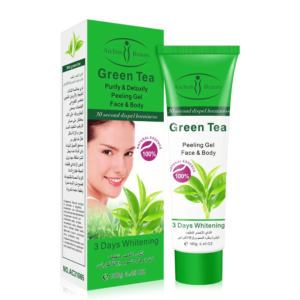 Aichun Beauty Green Tea Peeling Gel Face & Body – 100gKD2.490
Aichun Beauty Green Tea Peeling Gel Face & Body – 100gKD2.490 -
Product on sale
 Bye Bye Blackhead 30 Days Miracle Green Tea Tox Bubble Cleanser – 120gOriginal price was: KD9.000.KD9.000Current price is: KD9.000.
Bye Bye Blackhead 30 Days Miracle Green Tea Tox Bubble Cleanser – 120gOriginal price was: KD9.000.KD9.000Current price is: KD9.000. -
Product on sale
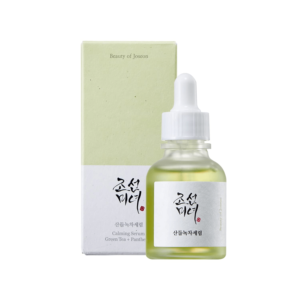 Beauty of Joseon – Calming Serum Green Tea + Panthenol – 30mlOriginal price was: KD9.490.KD9.490Current price is: KD9.490.
Beauty of Joseon – Calming Serum Green Tea + Panthenol – 30mlOriginal price was: KD9.490.KD9.490Current price is: KD9.490. -
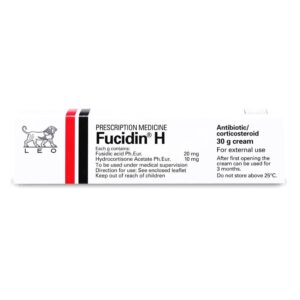 FUCIDIN H CREAM 30 GMKD5.000
FUCIDIN H CREAM 30 GMKD5.000 -
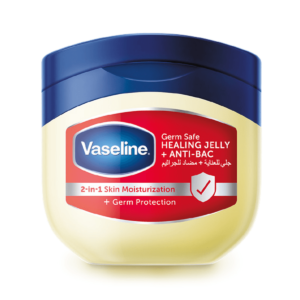 Vaseline Petroleum Jelly Healing Jelly + Anti Bacterial 100mlKD1.200
Vaseline Petroleum Jelly Healing Jelly + Anti Bacterial 100mlKD1.200

